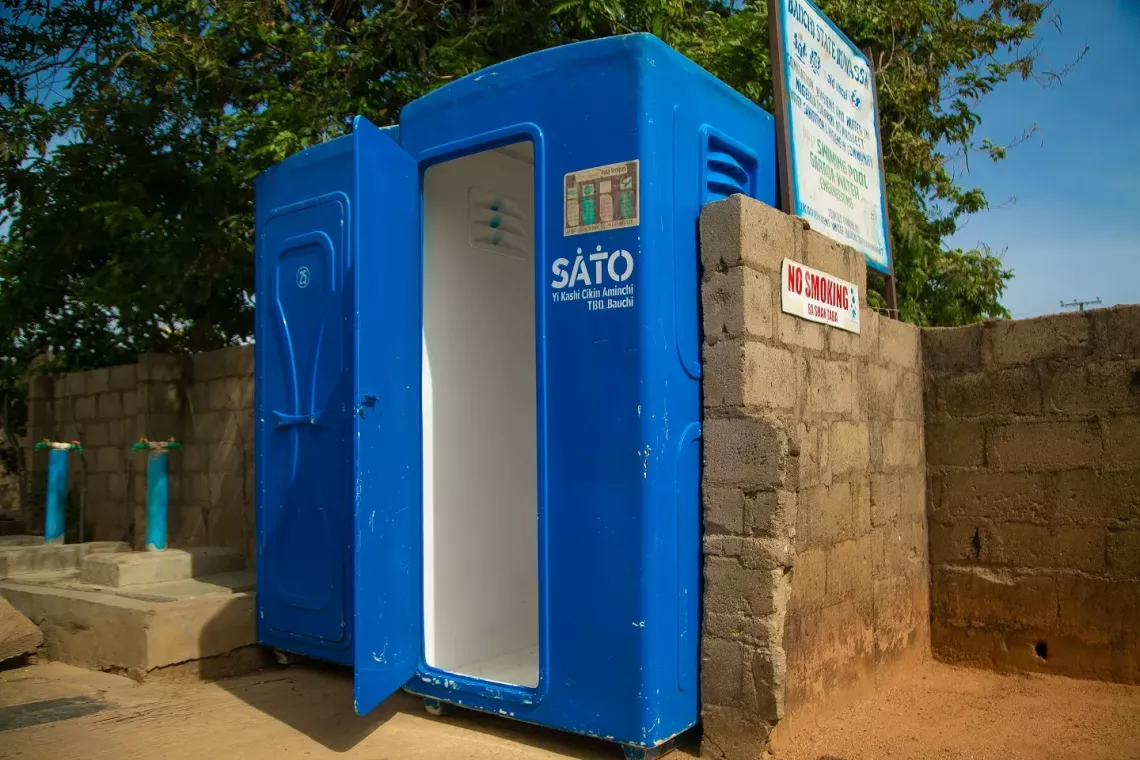In commemoration of World Toilet Day (celebrated on November 19), Nigeria is intensifying efforts to end open defecation, a long-standing public health challenge that continues to undermine national development.
Open defecation has long plagued Nigerian public health systems. In many rural and urban communities, it was once a routine act born of necessity rather than choice. But change is gradually taking root.
According to the WASH National Outcome Routine Mapping, or WASHNORM report, over 48 million Nigerians still practise open defecation, placing the country among the worst affected globally.
Only 140 out of 774 Local Government Areas are Open Defecation Free (ODF), while just two states have been fully certified ODF.
Urban sanitation remains a growing concern. Although more than half of Nigerians now live in cities, only about 25 % of urban residents have access to safely managed sanitation, according to a recent UNICEF report.
The increasing rates of urbanisation are placing pressure on the current infrastructural provision, making it challenging to supply sanitation with a focus on safety and sustainability.
Throughout the country, there are examples that show that progress can be made with good leadership and commitment.
In Oyo State, a community transformed its sanitation story through the active involvement of the people and other stakeholders. Residents received loans to build toilets that were low-cost.
The impact has been immense, with toilets installed in most homes, and cases of diarrhoea and waterborne infections have lessened. Also, education rates, particularly among girls, have risen substantially.
However, beyond individual health, these changes have restored community pride and strengthened social bonds.
To bridge the escalating gap in the provision of sanitation in urban areas, the Nigerian government has adopted the use of “Citywide Inclusive Sanitation” or CWIS, which ensures that all people, even those living in slums and informal settlements, benefit from clean sanitation.
The Citywide Inclusive Sanitation combines toilet construction with initiatives aimed at containing and managing the whole waste-to-resource management cycle.
Similar milestones are also being realized in other areas with sanitation campaigns led by the communities. The local governments are scaling up the “Clean Nigeria: Use the Toilet” campaign that was launched in 2019 to improve sanitation awareness.
Additionally, some states are implementing solar boreholes water projects and evaluating WASH policies to ensure sanitation becomes more accessible to people through PPP initiatives.
These joint efforts are bringing about a faster movement towards achieving the status of ODF in the entire country.
Despite these successes, challenges abound. The allocation of finances to sanitation falls short of the standard.
In most states, there are still no sanitation units with budget lines that can facilitate WASH activities. In urban areas, there are constraints in terms of space that make development extremely challenging.
Urban area population density also hampers the implementation of projects due to the corresponding increase in land prices.
Within cities, population density makes projects difficult to implement owing to the corresponding increase in land costs.
Experts also warn that these factors could hamper the country’s 2025 target to stop open defecation.
Nevertheless, from rural communities to expanding cities, Nigeria’s progress proves that transformation is possible when citizens, leaders and partners work together.
Yet with all that has been achieved so far, there is still much movement to be made to clean up and free up the nation.
Summary not available at this time.






